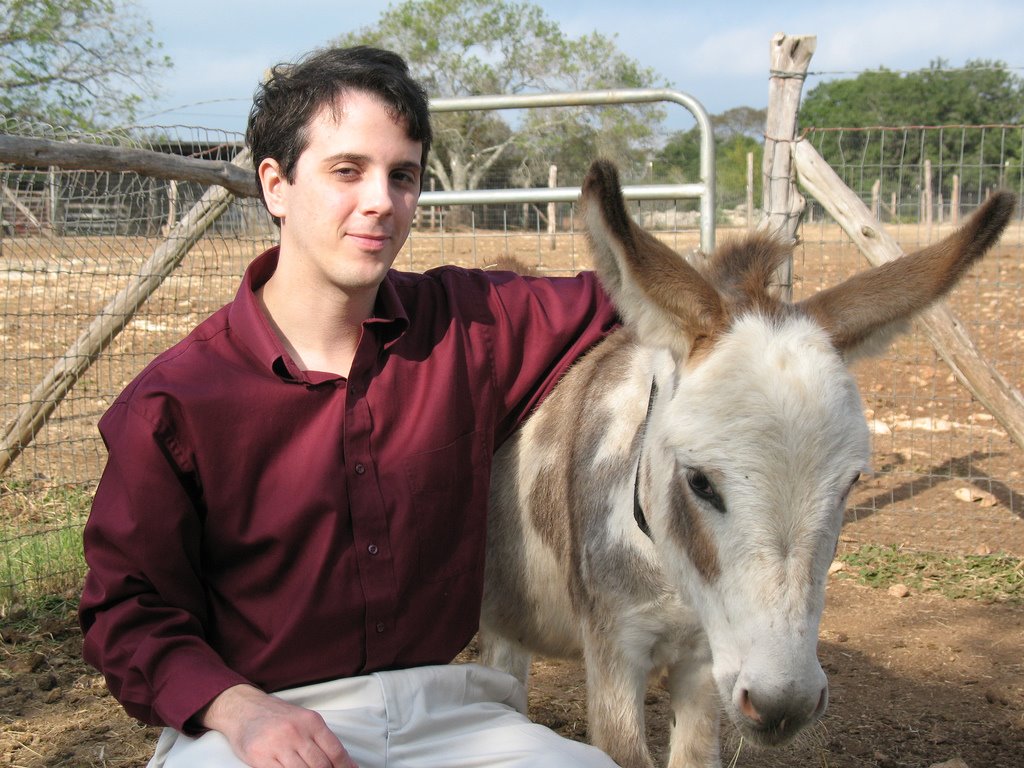When I was diagnosed with Celiac disease six months ago the world started making a lot more sense. It turned out that the rest of the world was in fact not playing gastrointestinal Russian Roulette every time they ate. It was just me. And the last thing I'd have suspected was at the root of it all.
"I can't have food sensitivities; all I've eaten is toast and I still feel terrible!", I'd think. Dry, white toast: cornerstone of the BRAT diet so frequently recommended as a way to recover from digestive issues, was my Kaiser Soze, quietly pointing the finger everywhere else as it pretended to be my only ally. I'd eat half a tray of dinner rolls before a meal and blame the meat when I didn't feel good afterwards. I'd blame the pepperoni for being too greasy when pizza wasn't sitting right.
Determined to figure things out once and for all, I finally brought all of this up with my doctor. A year of probiotics, Nexium, and smooth muscle relaxants later without much progress led her to order Celiac and food sensitivity panels. Always the overachiever, I broke a couple of office records with the results (though they weren't all that conclusive; but that's another article).
Sufficiently convinced and none too eager to have a camera stuck anywhere, I went on a gluten-free diet the next day. Within a week, I started feeling better in ways I'd never have thought to complain about. My skin felt better. My cheeks got pinker. My energy level increased. I was able to focus more clearly on what I was doing. And eating became a whole new experience. The idea that I could eat a scary plate of meat without consequence as long as it wasn't on a sandwich took a bit of getting used to, but get used to it I did. I could eat fearlessly.
Well, not too fearlessly. I initially dismissed the warnings I'd seen about cross-contamination and miniscule amounts of gluten showing up in unexpected places. A month ago I had been eating pretzels and pizza; a little soy sauce left on the grill couldn't hurt me. After about a month's worth of honeymoon, my body convinced me otherwise. I started regressing pretty badly and, though most days I felt fine, on those that I didn't I felt much worse than before. The message boards assured me that this was normal, but that wasn't much consolation.
After a troubling month of questioning my diagnosis, wondering what else might be going on, and feeling generally miserable I started collapsing my diet again and believing that my immune system was better at finding gluten than I'd previously imagined. My diet was down to hash browns, Boar's Head lunch meat, bananas, and water. I lost about 20 pounds. My wife was convinced I had an eating disorder. But it started working. Days and weeks went by without incident and I started gaining the confidence to reintegrate some foods. Episodes became fewer and further between. I rediscovered the greatness of combining peanut butter and chocolate. I found some gluten-free barbecue sauce and disgusted my wife by putting it on everything. I went on a trip involving a 13 hour car ride with remarkably little anxiety.
Yesterday I got the results back from my latest round of bloodwork. Prior to the Celiac diagnosis my doctor had been concerned about my triglycerides (which peaked in the 400s) and my liver function (persistently elevated and she'd ruled out the most common explanations). As of yesterday, after six months on a gluten-free diet, both are in normal range without medication. My triglycerides were at 99, and the blood was sampled two days after Christmas, during which I had hit the chocolate pretty hard. This was dramatically lower than my previous record on medication (Lovaza). The connection between Celiac and hypertriglyceridemia doesn't seem well established in the medical literature as yet, but it stands to reason that cutting out so many carbohydrates and substances that were offending my liver could have such a dramatic impact. My doctor says she's going to write me up for a journal article.
Judging from the experiences I've read from others, it's going to get even better. I'm doing well, but my diet is still pretty restricted and certain foods still seem to cause some trouble despite being gluten free. But day-to-day I feel great.
My goal in writing this is to provide another case for those interested to compare notes against. It seems Celiac disease can present itself in a lot of different ways, and doctors are reluctant to diagnose it (Big Wheat is paying them all off! Oops, conspiracy mode off). Hopefully getting a little more information out there on what currently appears to be a success story will help someone.




No comments:
Post a Comment